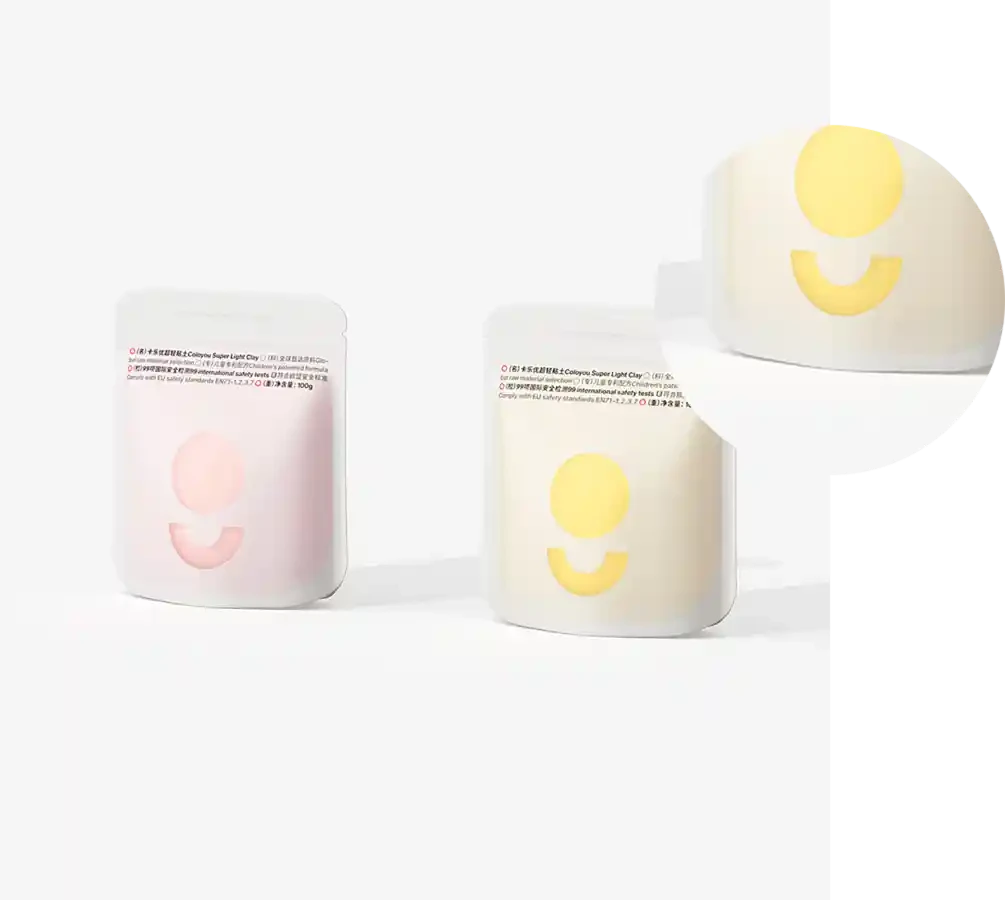- Afrikaans
- Albanian
- Amharic
- Arabic
- Armenian
- Azerbaijani
- Basque
- Belarusian
- Bengali
- Bosnian
- Bulgarian
- Catalan
- Cebuano
- chinese_simplified
- chinese_traditional
- Corsican
- Croatian
- Czech
- Danish
- Dutch
- English
- Esperanto
- Estonian
- Finnish
- French
- Frisian
- Galician
- Georgian
- German
- Greek
- Gujarati
- haitian_creole
- hausa
- hawaiian
- Hebrew
- Hindi
- Miao
- Hungarian
- Icelandic
- igbo
- Indonesian
- irish
- Italian
- Japanese
- Javanese
- Kannada
- kazakh
- Khmer
- Rwandese
- Korean
- Kurdish
- Kyrgyz
- Lao
- Latin
- Latvian
- Lithuanian
- Luxembourgish
- Macedonian
- Malgashi
- Malay
- Malayalam
- Maltese
- Maori
- Marathi
- Mongolian
- Myanmar
- Nepali
- Norwegian
- Norwegian
- Occitan
- Pashto
- Persian
- Polish
- Portuguese
- Punjabi
- Romanian
- Russian
- Samoan
- scottish-gaelic
- Serbian
- Sesotho
- Shona
- Sindhi
- Sinhala
- Slovak
- Slovenian
- Somali
- Spanish
- Sundanese
- Swahili
- Swedish
- Tagalog
- Tajik
- Tamil
- Tatar
- Telugu
- Thai
- Turkish
- Turkmen
- Ukrainian
- Urdu
- Uighur
- Uzbek
- Vietnamese
- Welsh
- Bantu
- Yiddish
- Yoruba
- Zulu
what is a carton
What is a Carton?
A carton is a type of packaging that is generally constructed from cardboard or paperboard. It serves various purposes across different industries, primarily in the packaging of food and beverage products, household goods, and non-perishable items. Its design and structure can vary widely depending on the intended use, but it typically features a flat, foldable structure that can be easily assembled and printed upon.
Types of Cartons
There are several types of cartons, each serving specific requirements
. The most common types include1. Foldable Cartons These are commonly used for items like cereal, cosmetics, and pharmaceuticals. They start as flat sheets that can be folded into three-dimensional shapes. The use of folding allows efficient storage and shipping, minimizing the space they occupy when not assembled.
2. Rigid Cartons These are sturdier and are used for products that require more protection, such as luxury items, electronics, or delicate gifts. Rigid cartons do not fold flat and are made from thicker stock, making them more durable than their foldable counterparts.
3. Gable Top Cartons Known for their distinct roof-like shape, these cartons are predominantly used for liquid products, such as milk and juices. The gable top design allows for easy pouring and is typically sealed to ensure freshness and prevent leakage.
4. Tetra Pak This is a popular brand name associated with a specific type of carton used for liquid products. Tetra Pak cartons are made from a combination of paperboard, plastic, and aluminum layers. This multi-layer construction helps to preserve the contents without the need for refrigeration, which is ideal for long shelf-life products.
Advantages of Cartons
what is a carton

Cartons come with a plethora of benefits that makes them suitable for various packaging needs
- Lightweight and Cost-Effective Unlike glass or plastics, cartons are relatively lightweight and often more affordable to manufacture, transport, and store. This characteristic makes them an appealing option for businesses looking to reduce logistics costs.
- Environmental Considerations Many cartons are made from renewable resources and are recyclable, making them a more sustainable packaging option compared to alternatives like plastic. As consumers become increasingly eco-conscious, the demand for environmentally friendly packaging solutions continues to rise.
- Customization and Branding Cartons can be easily printed on and customized, allowing brands to create eye-catching designs that attract consumers. High-quality printing techniques can add vibrant colors and intricate graphics, helping products stand out in competitive retail spaces.
- Protection and Preservation Cartons are designed to provide protection to the products inside, which is especially critical for fragile items and perishables. They can help to guard against environmental factors such as humidity, light, and contamination.
Challenges in Carton Usage
Despite their advantages, there are challenges associated with carton use. One significant issue is the barrier property of cartons. While they protect contents well, liquids can sometimes penetrate, making it essential to use the appropriate type of carton for specific products. Moreover, while recyclable, the recycling process can be complex, particularly for multi-layered cartons like Tetra Pak, which require specialized facilities for processing.
Conclusion
In summary, cartons are versatile packaging solutions that are integral to various industries. Their ability to combine functionality with environmental sustainability makes them a popular choice among manufacturers and consumers alike. Whether for everyday products like cereal and milk or high-end goods that require extra protection, cartons fulfill an essential role in the global packaging landscape. As technology advances and consumer preferences evolve, the carton industry will likely continue to innovate, addressing challenges and embracing new opportunities in sustainable packaging.













